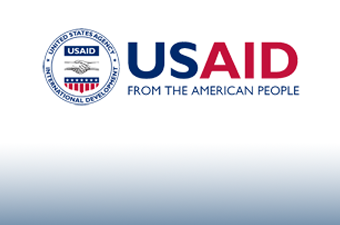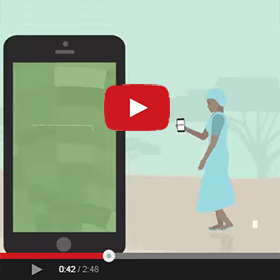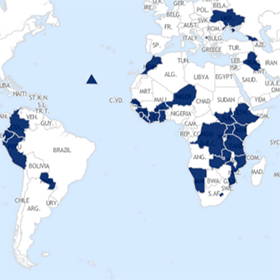Paper prepared for presentation at the “2016 WORLD BANK CONFERENCE ON LAND AND POVERTY,” The World Bank—Washington DC, March 14-18, 2016.
Authors: Alexandra Hartman, Heather Huntington, Kate Marple-Cantrell – The Cloudburst Group
Conclusion:
Overlapping statutory and neocustomary regimes in property rights in Lofa, River Gee and Maryland Counties in Liberia can be understood as dualities. The first duality lies in the management of communal land and natural resources. Within the community traditional authorities confidently dictate rules about access to land and natural resources, resource use, and land investment. However, when problems arise with outsiders who ignore community based enforcement mechanisms, local leaders turn to the government and court system for help, but they struggle on this stage to effectively push forward their claims.
Groups who have traditionally been denied full property rights – women and ethnic minorities – experience the second duality. Neocustomary practices do not tell the full story about opportunities for these groups to access and inherit land. Rather, the current landscape of access to land is varied and rapidly changing, as awareness of national property rights legislation spreads into these areas. Interpretation of this type of complex data suffers when multiple data sources are not available to triangulate findings. These dualities are best understood through the complementary use of quantitative and qualitative data, as they are not as apparent when either data source is considered alone.
Adding to existing literature about communal natural resource management, this paper provides a snapshot into the overlapping property rights regimes experienced by communities in rural Liberia on the eve of comprehensive land reform. These data inform the understanding of how previous national policy changes gradually have been adopted by residents of the country’s remote areas. Accordingly, though acceptance of previous policies has occurred slowly and unevenly, evidence suggests that information about property rights has spread to these areas.
Moving ahead, it will be important for those involved with the land reform to understand the wide variation in rural Liberian communities with regard to the role of different types of local and nationality authority and the perspective of women and minority groups. An important scope condition of the research presented here is that the data originates from specific regions of the country. As noted above, geo-specific location of the research may explain why the findings differ from previous research on these topics. However, if wide diversity of perspectives both within and between communities exists in the regions where this study took place, it is likely that such diversity exists throughout the country. It will be important for reformers to take advantage of the important steps that some communities have already made toward protecting community natural resources rights within a rights-based framework and including women and minority groups. At the same time, it is imperative for the reform to provide the opportunity, the skills, and the tools to those leaders and community members who still express views not that are not in agreement with the current Liberian land reform agenda to adapt and follow the new framework. In the future, enforcement of changes to community natural resource management and land tenure governance will be key to the success or failure of the reform. Such a nuanced approach will permit the reform to support natural resource management at the community level and allow both individuals, communities, and the government to reap the greatest benefits from natural resources.




